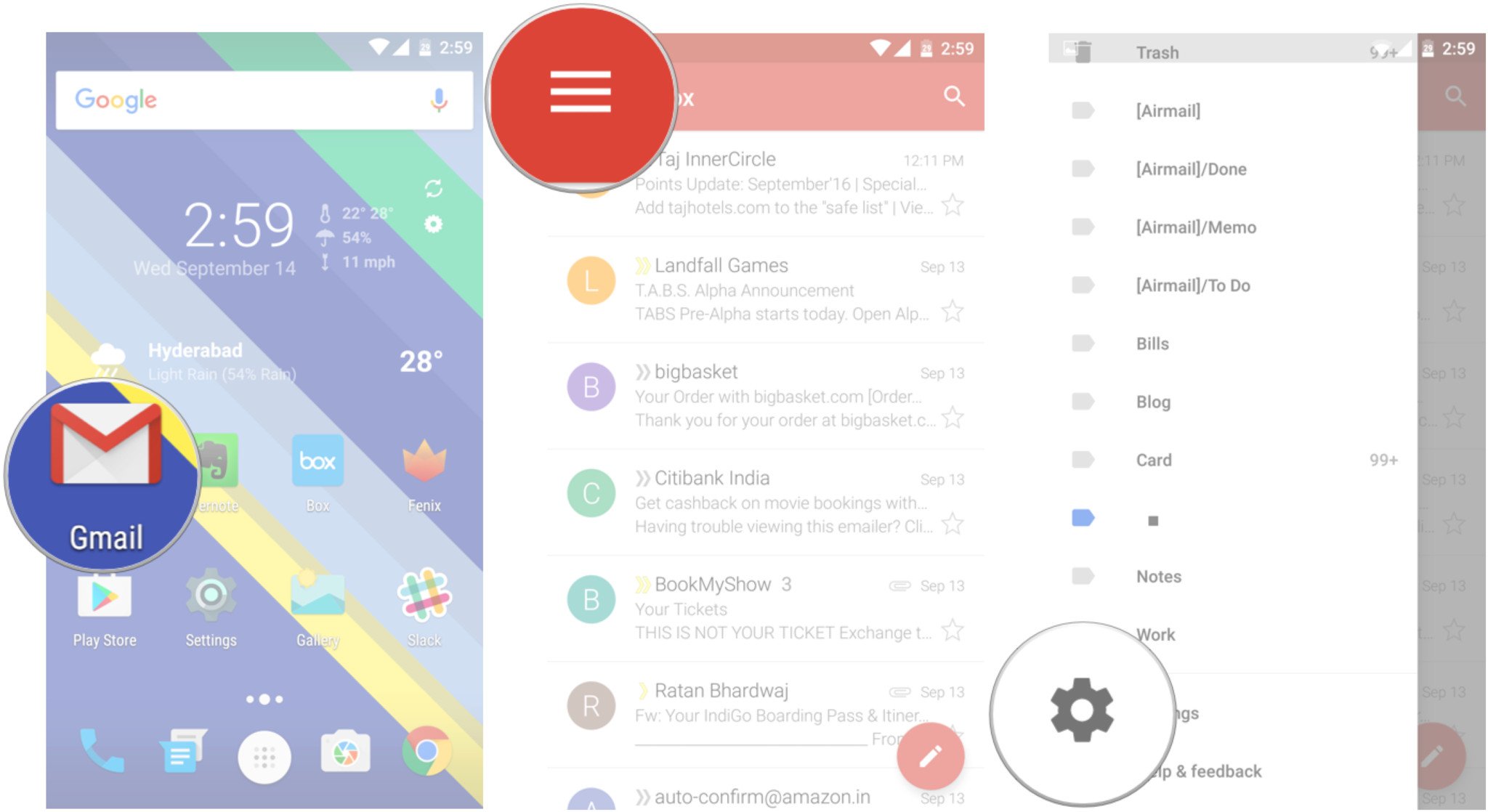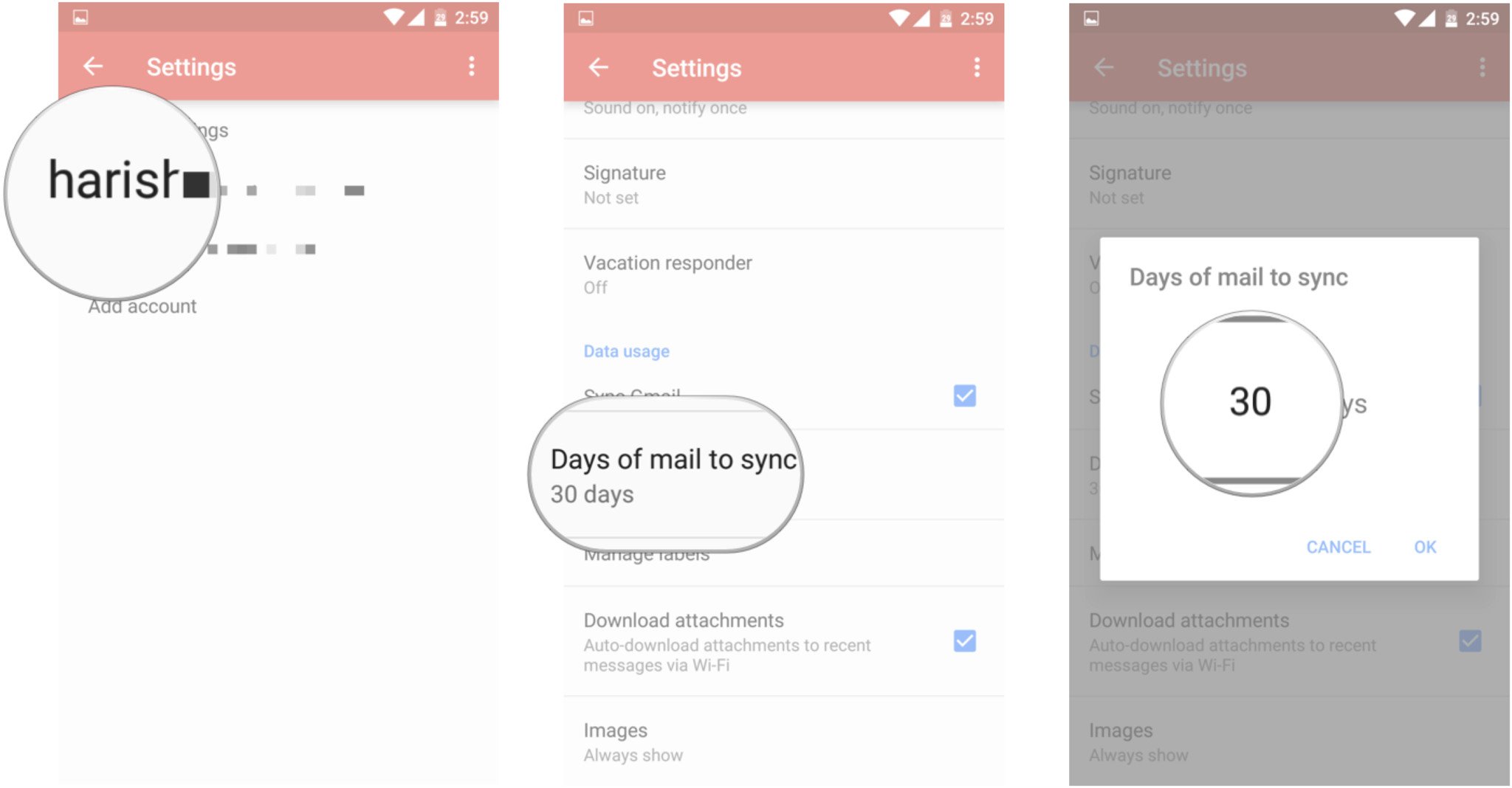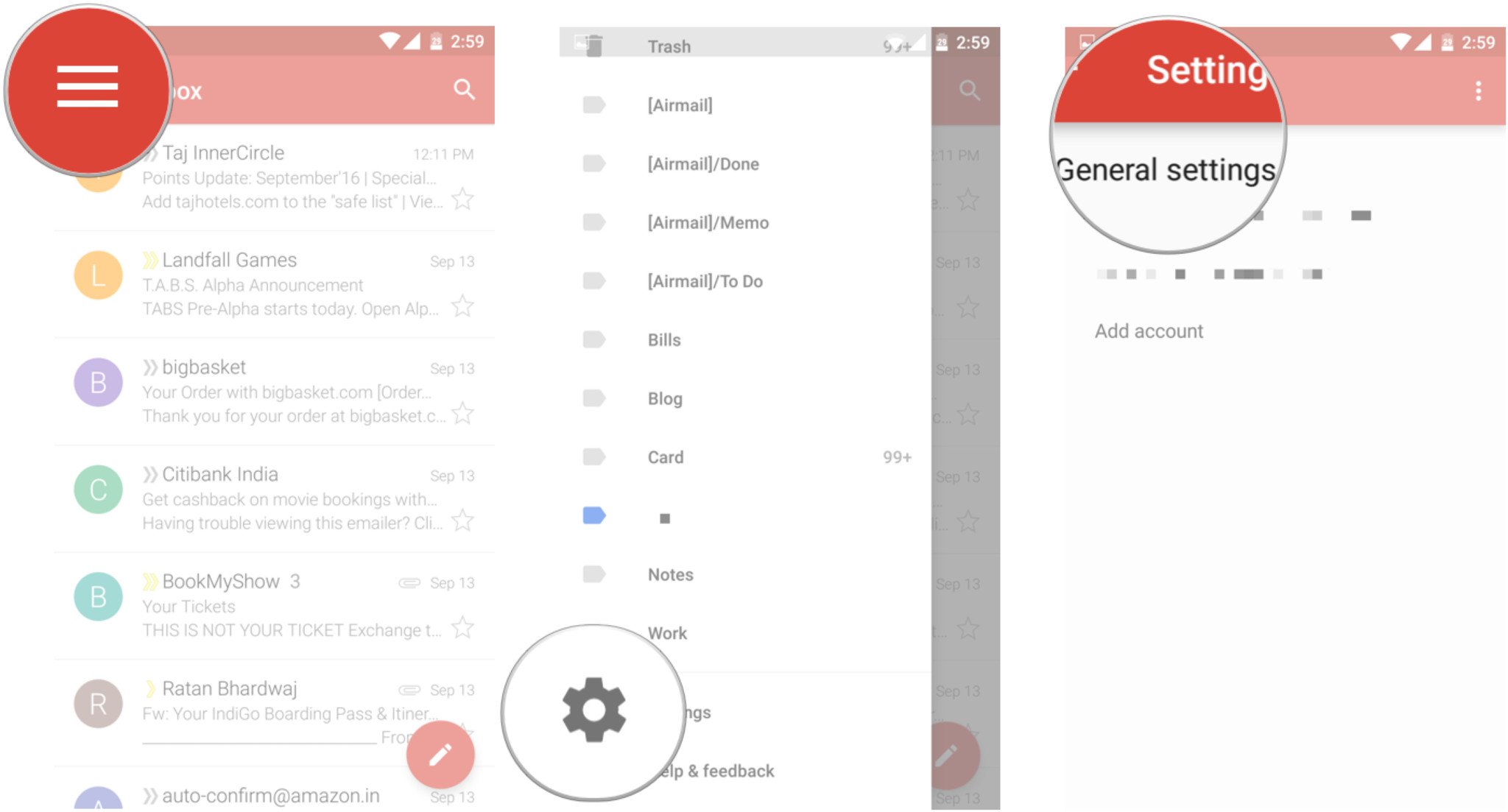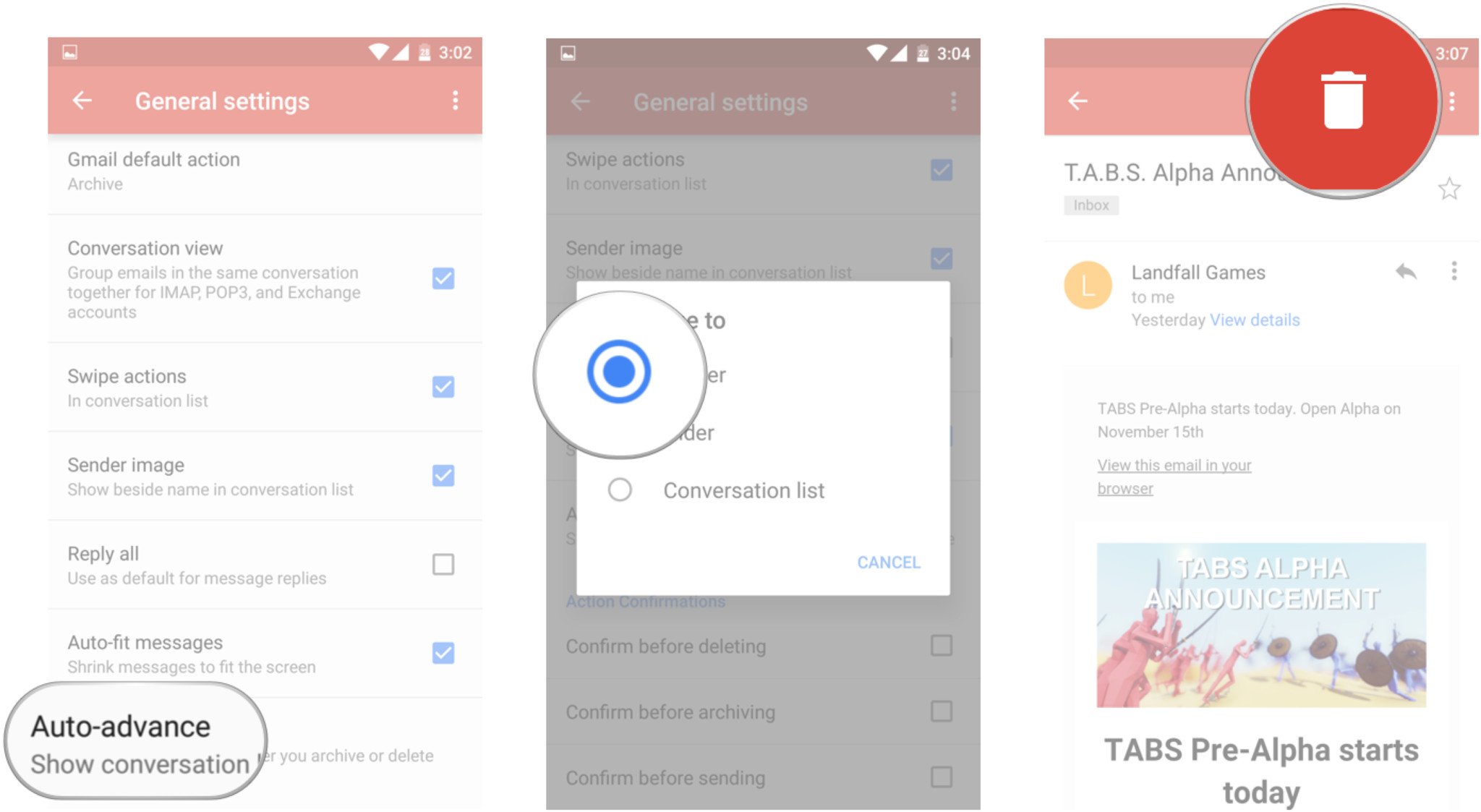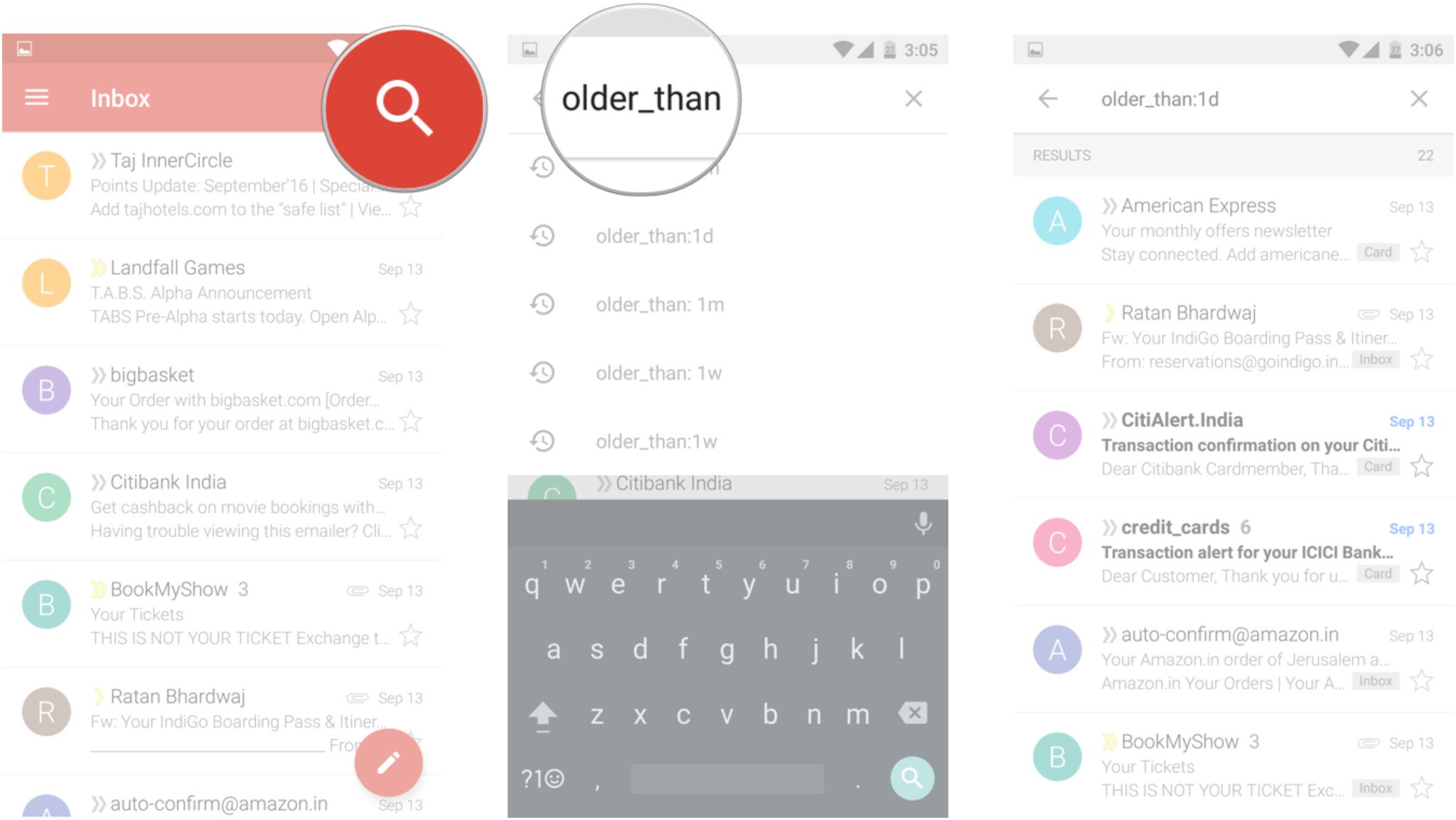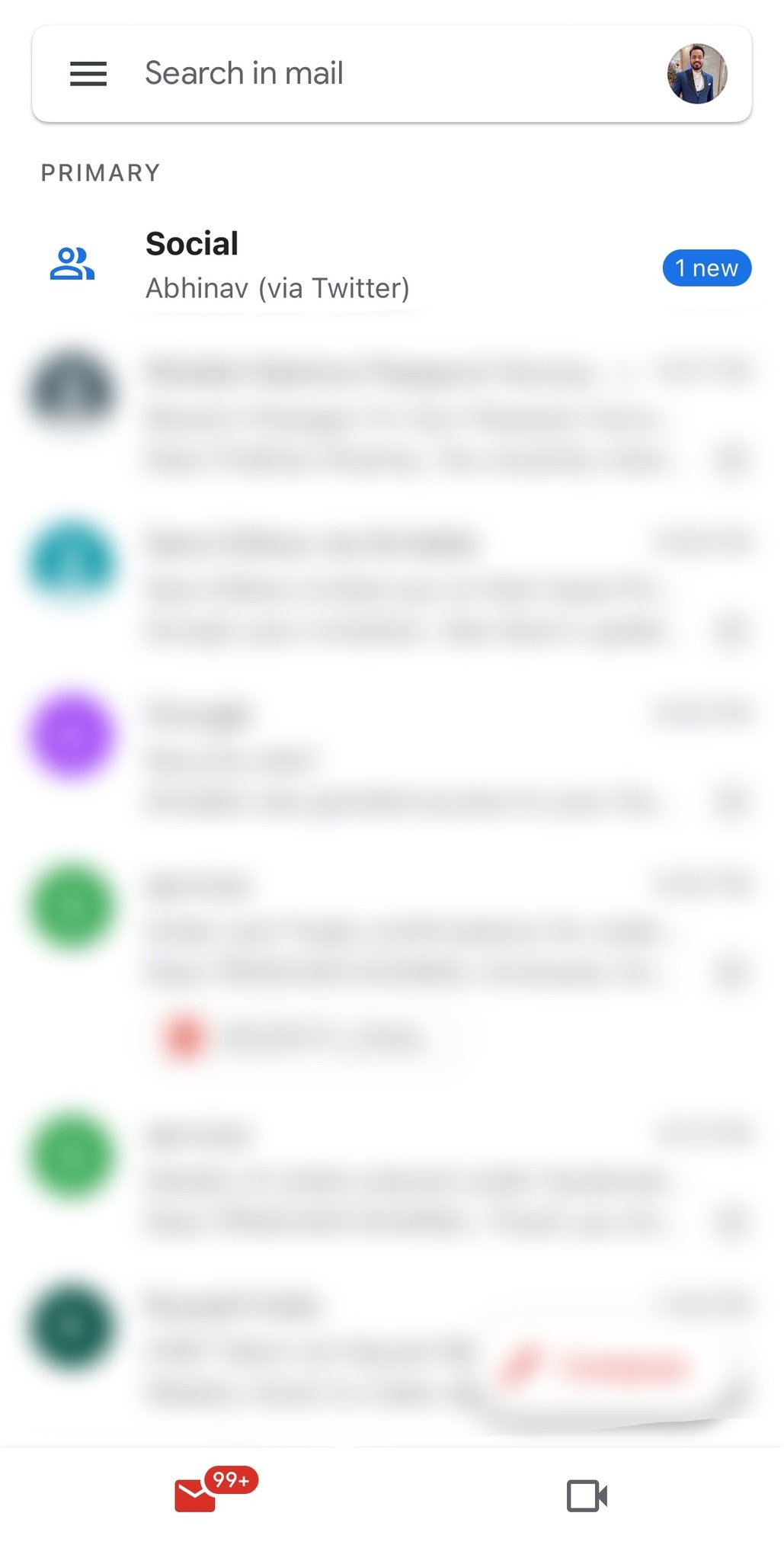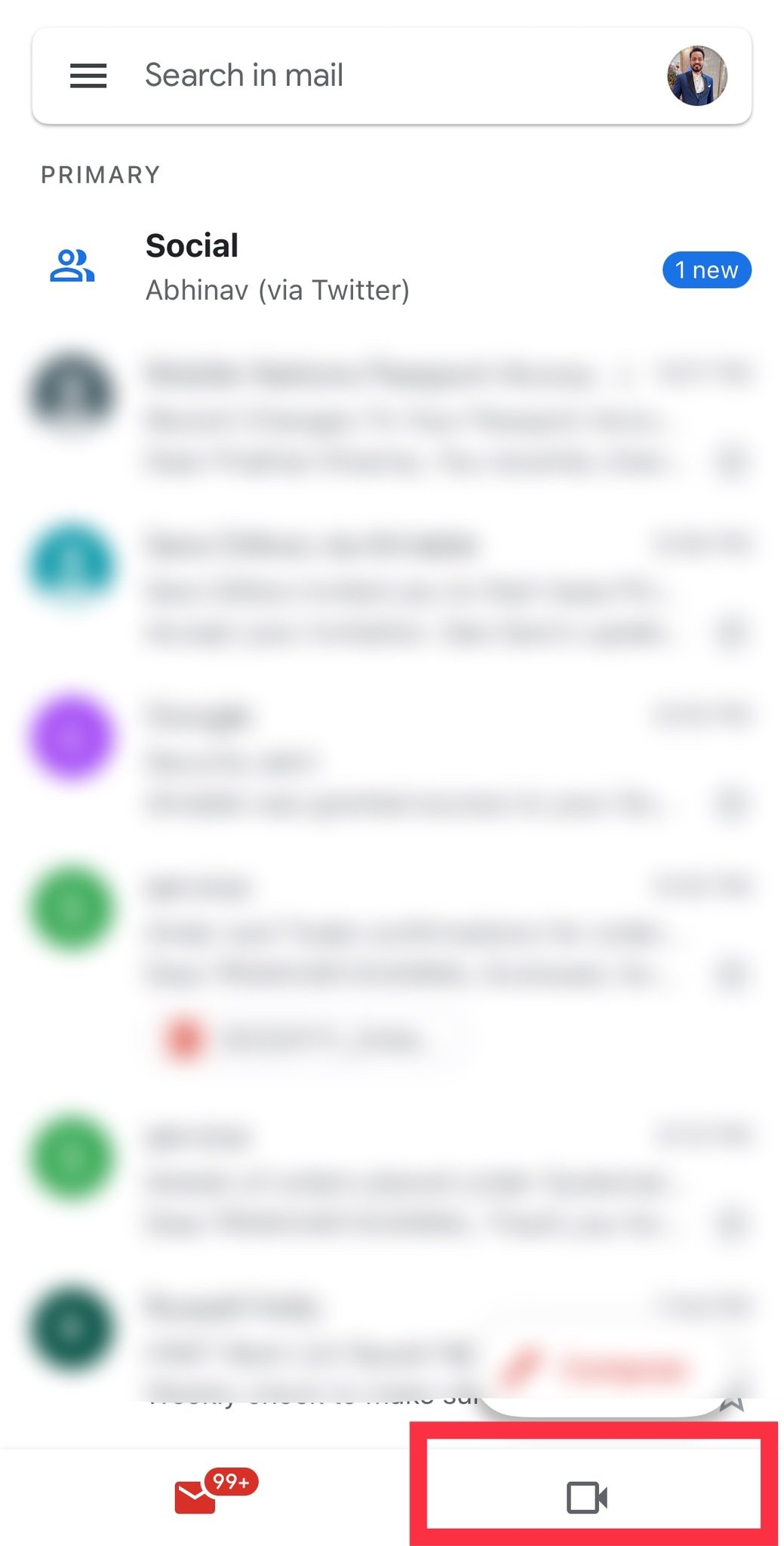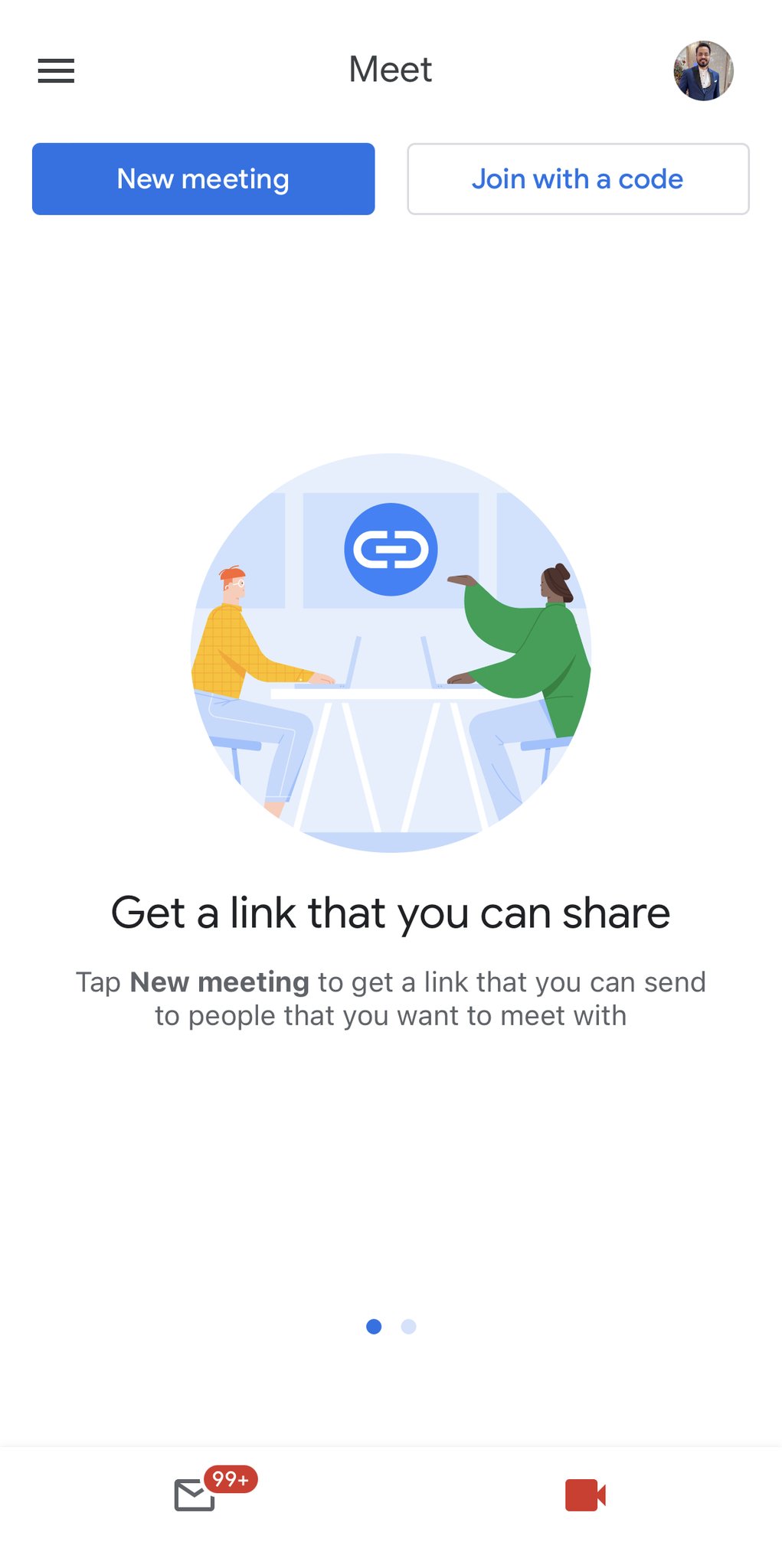Boost your productivity with these Gmail for Android tips and tricks
Master your inbox with these Gmail tips and tricks.
We covered the basics of Gmail for Android in our beginner's guide, and now it's time to take a look at features that extend the functionality of the email client. Gmail offers a variety of tools aimed at managing your inbox clutter.
If you haven't already, you should enable two-factor authentication on your Gmail account. Two-factor authentication works by combining something you know (a password) with something you have (your phone), effectively doubling your account's security.
Jump to:- How to change sync settings in Gmail
- How to use Action Confirmations in Gmail
- How to use Auto-advance in Gmail
- How to use the vacation responder in Gmail
- How to search in Gmail
- How to start or join a Google Meet call directly from Gmail
- How to add an alias in Gmail
- Other mentions
Gmail automatically syncs emails for up to 30 days on your phone, but if that isn't sufficient, you can manually increase the sync duration from the settings.
- Open Gmail from the home screen.
- Tap the hamburger menu in the top left corner.
Navigate to the bottom of the pane to find Settings.
- Select the Gmail account for which you want to change sync settings.
- In the account settings, navigate to Days of mail to sync.
Enter the desired number of days in the textbox.
Gmail on the desktop has an Undo send feature that comes in handy when you spot a mistake in your email the second after you hit the Send button. The feature isn't available on Android, and the closest you get to similar functionality is through Action Confirmations. With the setting enabled, you'll see a dialog box pop up every time you send, archive, or delete a message asking you to confirm the action.
- Tap the hamburger menu in the top left corner.
- Navigate to Settings.
Select General settings.
- Navigate to the bottom of the page to see Action Confirmations.
Select the checkboxes next to each corresponding action.
Gmail's Auto-advance is a great time-saver if you have a lot of unread emails. The feature lets you automatically move to the next unread email in your inbox after you've archived or deleted a particular thread.
- Tap the hamburger menu in the top left corner.
- Navigate to Settings.
Select General settings.
- Tap on Auto-advance.
Select between Newer, Older, or Conversation list.
Don't want to look at your inbox while vacationing? Set up vacation responder, and Gmail will automatically fire off a reply to all incoming emails, notifying senders that you won't be available until the set duration. You also have the option of limiting the responder auto-message to those in your contacts list.
- Tap the hamburger menu in the top left corner.
- Navigate to Settings.
Select the Gmail account for which you want to enable an auto-response.
- In your account settings, navigate to Vacation responder.
- Toggle the setting to on to start filling out the start and end dates, as well as the body of the message.
Tap Done to enable the feature.
If you're like me and receive hundreds of emails every day, it's no easy task to keep your inbox uncluttered. Thankfully, Gmail has an excellent search function that comes in handy when you're looking for a specific email. You can search for mail received on a particular date, filter messages based on the sender, look through mail that only has attachments, and much more.
- Tap the Search icon at the top right corner.
- Key in your search parameter.
Gmail will surface emails that match the query.
If you're interested in seeing all the parameters available, here's the full list. Labels and filters offer an easier way to categorize emails, but neither feature is available in the Android app. You'll have to use Gmail on the desktop to create filters and labels.
How to start or join a Google Meet call directly from GmailWho says the Gmail app is limited to written comms? You can attend a Google Meet conference call right out of Gmail for Android. I love this feature as it really highlights Google's efforts to streamline your workflow by emphasizing integration.
- Open Gmail on your Android phone.
- Tap the camcorder-shaped Meet icon at the bottom of the app.
If there's a Meet event invite waiting for you, it will be displayed in this menu. Simply tap the invite to join the call.
Alternatively, you can start an impromptu Google Meet call or join a meeting using a code from the same place. Check out our detailed instructions to join a Google Meet call with a code or to start a new Google Meet call all within the Gmail app.
How to add an alias in GmailAnother way to filter messages is by creating an alias account. Add + after your Gmail username to create an alias that will forward all mail to your original account. For instance, if your username is doctorwhofan89@gmail.com, you can add doctorwhofan89+subscribe@gmail.com as an alias, and all mail sent to that account will be forwarded to your primary username. You can create alias accounts to subscribe to newsletters or promotions, and set up a filter so these messages automatically get sorted into a particular label.
Other mentions- Gmail doesn't parse dots in the email address, so a username like doctorwhofan89@gmail.com is the same as doctor.who.fan.89@gmail.com.
- You should probably start learning Gmail's keyboard shortcuts. They work on the desktop as well as the Android client when paired with an external keyboard.
- If you're using Gmail on the desktop, it's time you enabled Undo send. The feature is more useful than you think.
Who doesn't love the efficiency of using Gmail from one of the best Android phones? With these helpful tips and tricks, you'll be mastering Gmail for Android in no time!
Updated February 2022: Added instructions on how to start or join a Google Meet call directly from Gmail.

